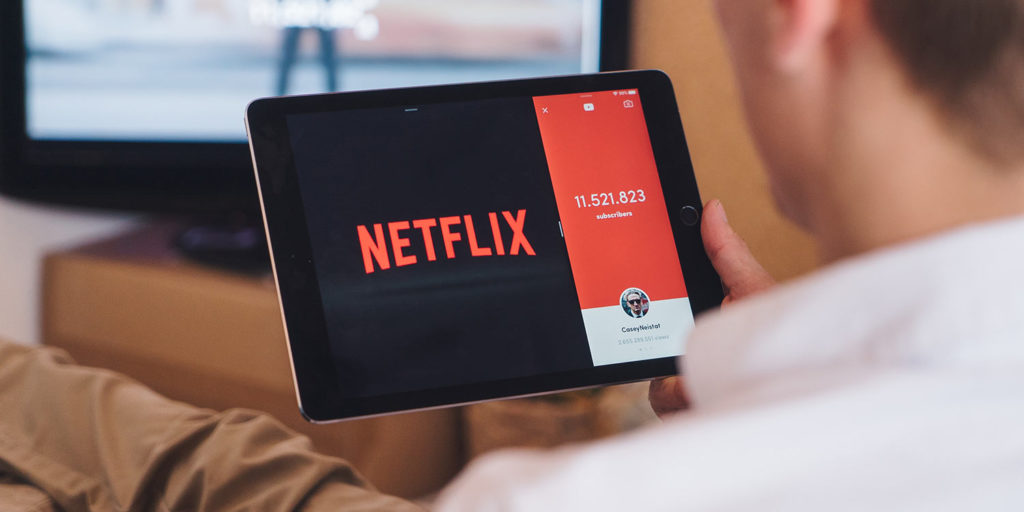Netflix has revealed its plans to crack down on password sharing, in a somewhat ham-fisted attempt to gain users. In the wake of dwindling subscriber numbers, the company is hoping these plans will convince those sharing an account to pay up for separate subscriptions. It’s a bit of a philosophy shift from Netflix, who in years past claimed that account sharing was a great viral marketing tool that actually led to an increase in paid members.
But now, an aggressive stance against password sharing is the new plan. While account-sharing with other households has always technically been illegal, it falls to Netflix to enforce the rules – and the company plans to do it with a shift in how verification works.
The crux of the system, as explained in a new Netflix Help Center page, is that devices will be required to connect to the primary account holder’s home Wi-Fi to stream something at least once every 31 days. Any longer than that, and the account holder will have to periodically provide a unique verification code when a non-household device wants to watch something.
That means it’s still technically possible to password share, but considerably more annoying to maintain as the account holder could be peppered with verification requests. Netflix uses IP addresses, device IDs, and account activity to detect and verify devices, which could also spell trouble for anyone using a VPN on their home network. Accounts will still have a device limit that varies by plan, but it seems it soon be more important than ever where those devices spend the majority of their time.
These changes are said to be coming into place over the coming weeks, and should be live worldwide by the beginning of March.
Time will tell whether this is a good move, but it might just alienate a chunk of the user base. If your kids at university can’t share your account, or your long-distance partner, or your tech-averse grandmother, or your broke best friend – is it still worth subscribing when there are so many other, more lenient streaming services out there? We wouldn’t be surprised if the change pushes people to cancel their accounts instead.
